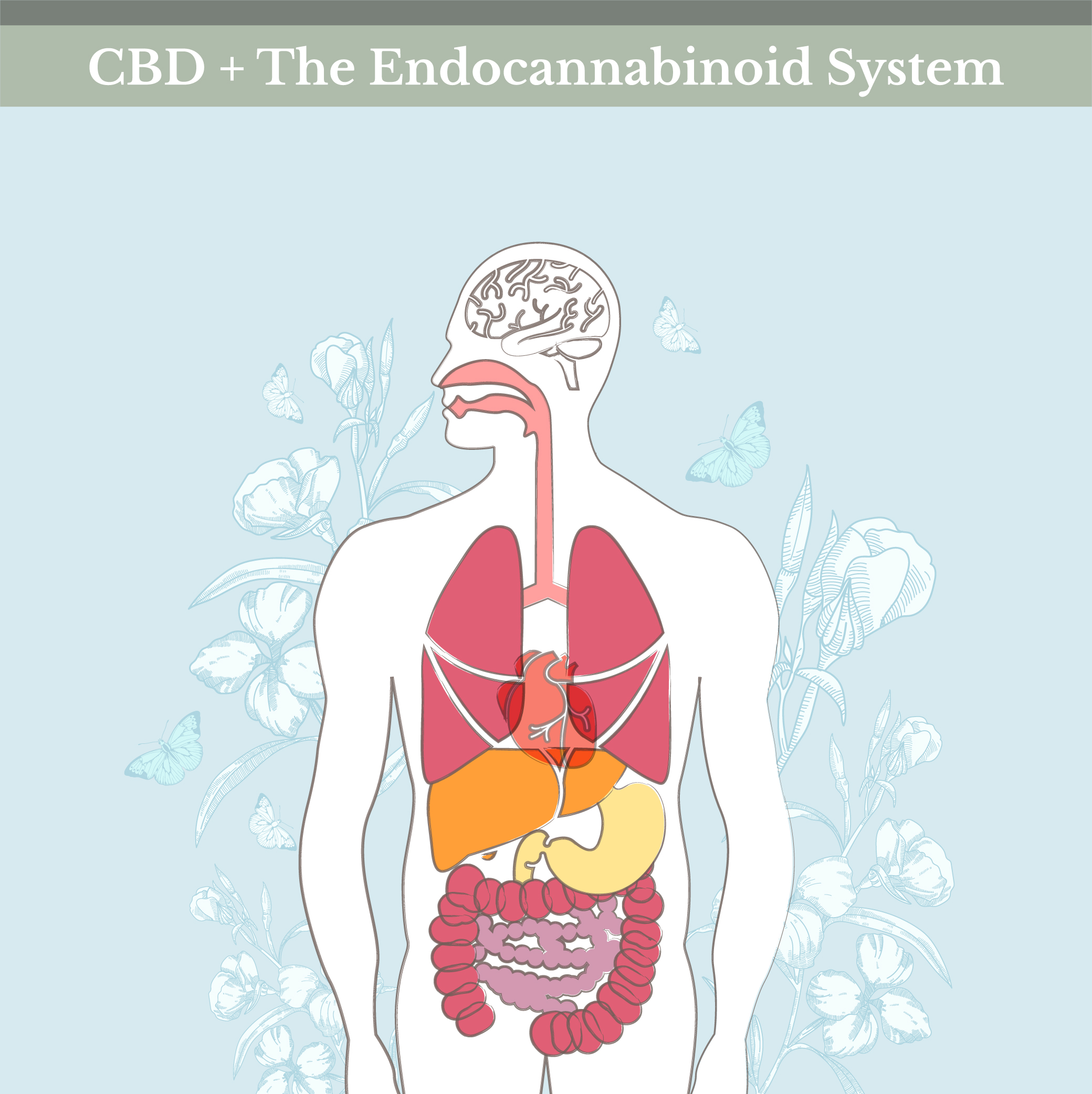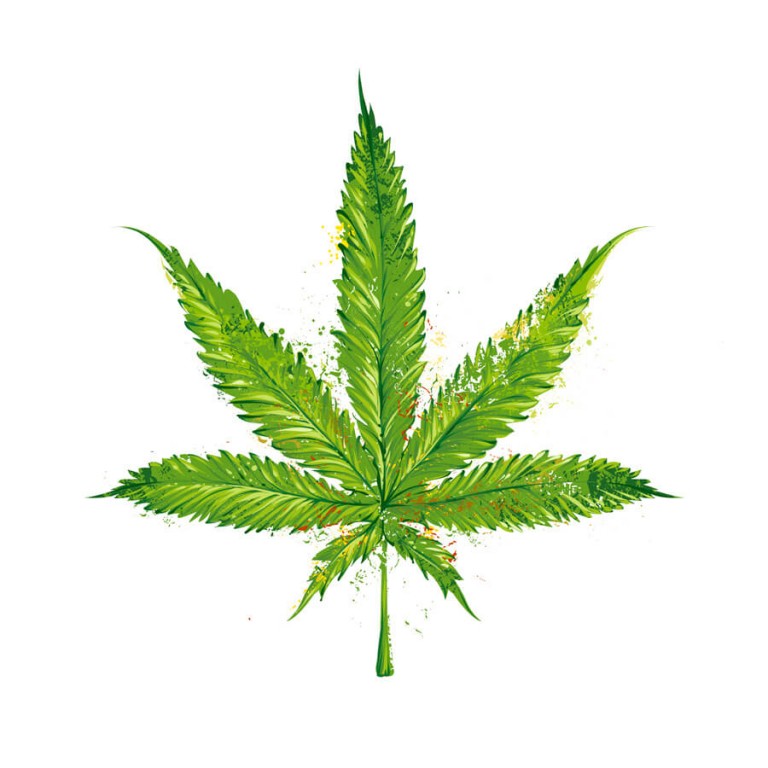`````
THE ALPHA & OMEGA
to keeping a health ENDOCANNABINOID SYSTEM.
Hey Hey!
As you know, I'm all about helping you better connect your beauty + biology. So to lay the ground work for this important article, I think it's critical we each know how we produce our OWN endocannabinoids. The ”cannabinoids” are the healing support agents from phytocannabinoids in CBD in the market.
What to know: Cannabinoids do NOT just come from CBD. There's a critical piece for you and your underlying biology to make this mind + body + beauty saving compound.
From the Beginning
Shortly after the first cannabinoid was isolated from the cannabis plant, scientists discovered that the human body produces similar substances on its own. These substances are now known as “endogenous cannabinoids.” Not only do humans produce their own cannabinoids, but they also have receptors designed specifically to recognize and respond to the endogenous cannabinoids produced. Together, the body's endogenous cannabinoids and the receptors that bind with them form the endocannabinoid system. This system is responsible for a number of functions within the human body, such as maintaining homeostasis.
How it Works
The body's endocannabinoid system relies on the natural production of endogenous cannabinoids in order to function properly. In order to produce the proper amount of endogenous cannabinoids, the body requires a sufficient amount of Omega-3 fatty acids.
Omega-3 fatty acids are the precursor to endogenous cannabinoids. If they are in short supply, the body will not be able to manufacture the amount of endogenous cannabinoids it needs to maintain a healthy endocannabinoid system. In addition, Omega-3 fatty acids are also essential to the health of other components in the endocannabinoid system. For example, these compounds facilitate the growth and healing of CB1 receptors, which are required in order to process cannabinoids of any type. Furthermore, Omega-3s are important for the overall health of brain cells in general.
Omega-3 Deficiencies
If your diet doesn't contain a sufficient amount of Omega-3 fatty acids, your body may be unable to produce the proper amount of endogenous cannabinoids on its own. In addition, because Omega-3 fatty acids grow and repair your CB1 receptors, the cannabinoids your body does produce may not affect the endocannabinoid system as strongly as they should. For this reason, it is important for everyone to eat a diet high in Omega-3 fatty acids. Not only are these compounds important for the endocannabinoid system, but they also promote human health in general by boosting fertility, lowering cholesterol, lubricating the joints, protecting vision, improving heart health and providing a number of other important benefits.
Endocannabinoid Deficiency Syndrome
Unfortunately, modern diets do not always contain the nutrition required to maintain the endocannabinoid system properly. In cases where nutritional deficiencies or other problems are causing the endocannabinoid system to fail, a person may develop a condition known as “Endocannabinoid Deficiency Syndrome”. This can lead to a variety of symptoms and related conditions, including irritable bowel syndrome, fibromyalgia, migraines and more.
ECS Tone Treatment Options
If you are suffering from Endocannabinoid Deficiency Syndrome, you may be able to improve your condition by increasing the amount of Omega-3 fatty acids in your diet. This will help to heal your CB1 receptors, facilitate the growth of more receptors and increase the amount of endogenous cannabinoids your body produces.
It may also be helpful to supplement your body's endogenous cannabinoids with cannabinoids from external sources, such as CBD Cannabidiol. Taking a cannabidiol supplement will increase the concentration of cannabinoids in your body, thus leading to a more efficient and effective endocannabinoid system.
Head over to Evoq Beauty and purchase our everyday Clean Calm and Connected CBD oil to give your ECS a boost.















